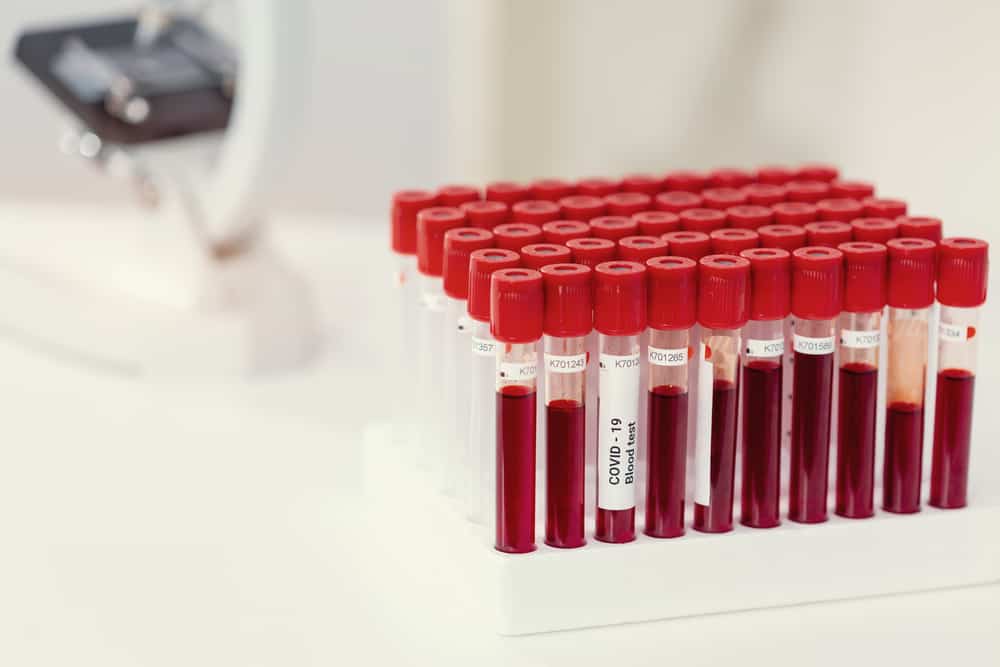
If you are pulled over on suspicion of drunk driving, you do not get to choose whether your intoxication level is measured by a blood test instead of a breathalyzer. Generally, it is up to the attending law enforcement official to determine whether a blood or breath test would best assess your situation. Additionally, under Texas’s Transportation Code, you are required to take a blood test or breathalyzer in the event that you are pulled over. According to the Texas Department of Transportation (TxDOT), if you refuse, your license will be automatically suspended for 180 days. In that situation, per the Texas Department of Public Safety (DPS), it could take 120 days to schedule a hearing date for license reinstatement.
Texas views driving as a privilege, not a right. You usually cannot request a blood test instead of a breathalyzer. If you are facing charges of driving while intoxicated (DWI), you may want to work with a criminal defense lawyer.
What a Breathalyzer Tests
A breathalyzer is an analytics tool that measures the alcohol on your breath to determine your level of intoxication, according to the National Institutes of Health (NIH). When you drink alcohol, after it is absorbed by the stomach, oxygenated blood carrying alcohol circulates throughout the body. Eventually, it reaches the lungs, and alcohol is exhaled through a person’s breath. In Texas, according to TxDOT, you are legally intoxicated when your blood alcohol concentration (BAC) level reaches .08%. Your BAC level rests on many factors, including your gender, weight, and when you last drank alcohol.
A breathalyzer test can be conducted and reviewed the same night of a person’s arrest. However, according to Alcolizer Technology, these tests can yield inaccurate information.
Some elements that can impact a breathalyzer’s accuracy include:
- Cold medications, mouthwash, and allergy pills
- Medical conditions, like diabetes and hypoglycemia
- Certain types of food
- Vinegar containing wine
- Alcohol from a beverage lodged in the lining of someone’s mouth
When you work with a criminal defense lawyer, they can examine the circumstances of your breathalyzer test to determine if it was accurate. Additionally, they can review how the police officer performed the test to make sure that it was properly administered. These are both elements that could factor into your defense strategy.
What a Blood Test Measures
According to Medline Plus, a blood test measures the level of alcohol in your blood. The results of a blood test are not immediate and must be performed in a safe, sterile environment. When you drink alcohol, as we mentioned before, it eventually makes it into your bloodstream, circulating to different parts of the body. If your liver is not able to process alcohol at the rate you are drinking it, you will become intoxicated. From there, a blood test can be used to measure how much alcohol is in your system.
Per the Texas Department of Public Safety, after you are administered a blood test, you usually get to keep your license until the department notifies law enforcement of your results. If your BAC level was higher than .08%, you can be charged with a DWI, which is a Class B misdemeanor. However, if your BAC level was .15% or higher, you could be charged with a Class A misdemeanor.
While you cannot request a blood test instead of a breathalyzer, if you believe that the results of your test were inaccurate, this allegation could be used as part of your defense strategy.
Law Enforcement Must Disclose Certain Information
Under Texas’s Transportation Code, before undergoing any testing, the attending police officer is legally required to share certain pieces of information with you. This is so you understand your legal rights if you refuse to take a test.
The police officer must tell you:
- If you refuse to take a test, that refusal could be used against you in a court of law.
- If you refuse to take a test, your license will be suspended for at least 180 days, whether charges against you are pressed or not.
- If you refuse to take a test, the officer could apply a warrant that requires you to take one.
- If you take a test, are over the age of 21, and your BAC level is higher than .08%, your license could be suspended for at least 90 days, whether or not you have charges pressed against you.
- If you take a test, are under 21, and any amount of alcohol comes up, your license will be suspended for at least 60 days. However, if your BAC level was less than the legal amount, the criminal penalties could be less severe.
- If you do not have a state driver’s license, various penalties against you could apply.
- You have the right to request a hearing to get your license back within 15 days of receiving a notice of suspension.
If you made decisions without the police officer disclosing certain pieces of information, your criminal defense team could argue that because you did not know your legal rights, certain evidence in your case should not be admissible.
Get Legal Help Today
At the Law Offices of Randall B. Isenberg, we strive to protect the rights of those going through the legal system. If you are facing DWI charges, you do not have to serve as your own legal advocate. Our team can address any questions or concerns you have about the criminal defense system, including whether you can request a blood test instead of a breathalyzer. To get started, call us today at (214) 696-9253.










